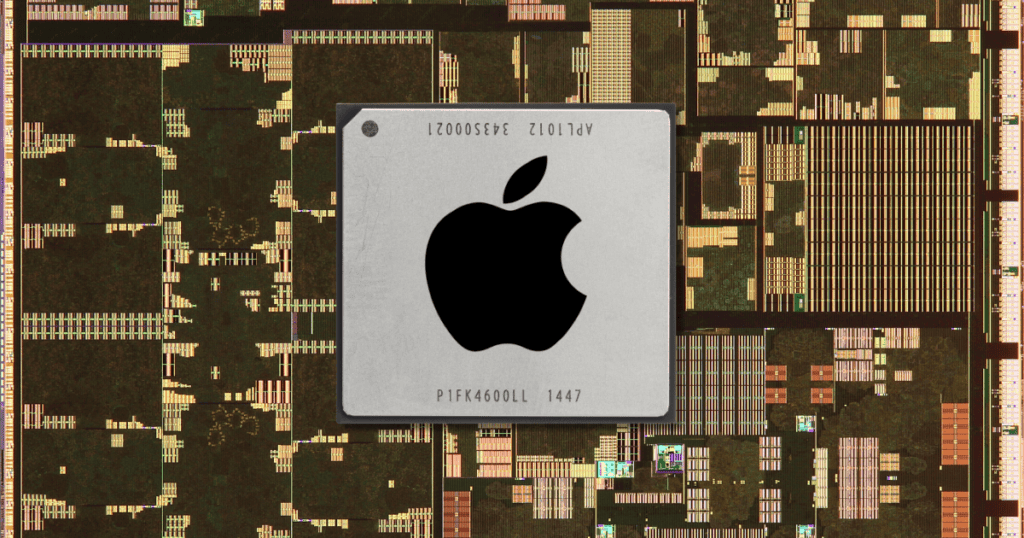Apple is set to advance its custom silicon to the 2nm process next year, leveraging the technological progress of TSMC. TSMC is reportedly making confident strides with its 2nm node. Zhang Xiaogang, TSMC’s Vice President of Process Development, announced that “the development of the 2nm process is progressing smoothly” and mass production remains on schedule for 2025.
Key Updates and Technical Insights
- TSMC’s Progress:
- Smooth Development: TSMC’s development of the 2nm process is progressing without significant hurdles. Zhang Xiaogang confirmed that mass production is on track for 2025.
- GAA Technology: There were rumors suggesting potential delays in the mass production of the 2nm process due to the first-time application of Gate-All-Around (GAA) technology. However, these concerns have been dispelled by Zhang, who stated that the yield when applying GAA has reached 90% of the target, indicating substantial progress.
- Apple’s Strategic Moves:
- Executive Visits: Jeff Williams, Apple’s Chief Operating Officer, recently visited Taiwan to meet with TSMC President Wei Zhejia. This visit aimed to secure the supply of 2nm chips, demonstrating Apple’s commitment to integrating the latest semiconductor advancements into its products.
- Current Technology: The iPhone 15 Pro is powered by the A17 Pro chip, which utilizes TSMC’s 3nm process. This process allows for more transistors to be packed into a smaller space, leading to improvements in performance and efficiency. Apple’s M4 chip, which recently debuted in the new iPad Pro, also uses an enhanced version of the 3nm technology.
- Projected Improvements:
- Performance Gains: The transition to 2nm chips is expected to bring further improvements. Projections indicate performance gains of 10 to 15 percent compared to the 3nm process.
- Power Efficiency: The new 2nm chips are anticipated to reduce power consumption by up to 30 percent, making devices more energy-efficient.
Production Capacity
TSMC remains the only company capable of manufacturing 2nm and 3nm chips at the scale and quality required by Apple. For its 3nm chips, Apple has booked all of TSMC’s available chipmaking capacity. TSMC plans to triple its production capacity for the 3nm node by the end of the year to meet soaring demand. The introduction of 2nm chips is expected to first appear in the 2025 iPhone 17 lineup.
Summary of Key Developments:
- TSMC’s 2nm Process:
- Smooth Progress: The development of the 2nm process is on track for 2025 mass production.
- GAA Technology: The yield has reached 90% of the target, dispelling rumors of delays.
- Apple’s Strategic Steps:
- COO Visit: Jeff Williams visited Taiwan to secure the supply of 2nm chips.
- Current Chip Technology: The A17 Pro and M4 chips use advanced 3nm processes.
- Performance and Efficiency:
- 10-15% Performance Boost: Expected from the transition to 2nm technology.
- 30% Power Reduction: Projected improvement over the 3nm process.
- TSMC’s Manufacturing Dominance:
- Exclusive Capacity: TSMC is the only company able to meet Apple’s demands for 2nm and 3nm chips.
- Capacity Expansion: Plans to triple 3nm production capacity by the end of the year to meet high demand.
MacReview verdict
Apple’s next-gen chip technology is on track for a 2025 debut, marking a significant leap in performance and efficiency. TSMC’s advancements in the 2nm process and the successful application of GAA technology position Apple to maintain its competitive edge in the tech industry. The introduction of thinner bezels and the seamless integration of OLED technology are set to enhance the user experience and maintain Apple’s competitive edge in the smartphone market. The transition to 2nm chips promises substantial improvements in performance and power efficiency, ensuring that Apple’s future devices continue to lead the market.




